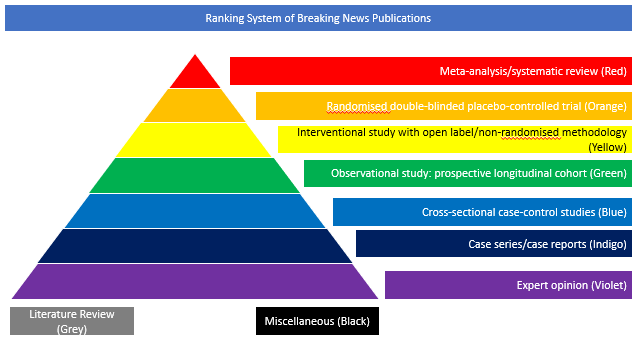Expert opinion (Violet)
A few weeks ago, England’s health secretary, Matt Hancock, told Parliament that a new variant of COVID-19 has been identified and may be driving infections in the south east of England, leading to headlines about “mutant COVID.”. In this commentary recently published in the BMJ, Dr. Jacqui Wise answers some common questions about this new SARS-CoV-2 variant. In particular, one of the most significant mutations of the new variant is an N501Y mutation in the spike protein that the virus uses to bind to the human ACE2 receptor. Changes in this part of spike protein may, in theory, result in the virus becoming more infectious and spreading more easily between people. As of 13 December, 1108 cases with this variant had been identified in the UK from nearly 60 different local authorities, although the true number will be much higher. The author of this commentary considered that we don’t yet know whether this new variant is more dangerous or not. She also underlined that, even if the new variant has mutations to the spike protein that the three leading vaccines are targeting, it should be kept in mind that vaccines produce antibodies against many regions in the spike protein, so it is considered unlikely that a single change would make the vaccine less effective.
doi: https://doi.org/10.1136/bmj.m4857








